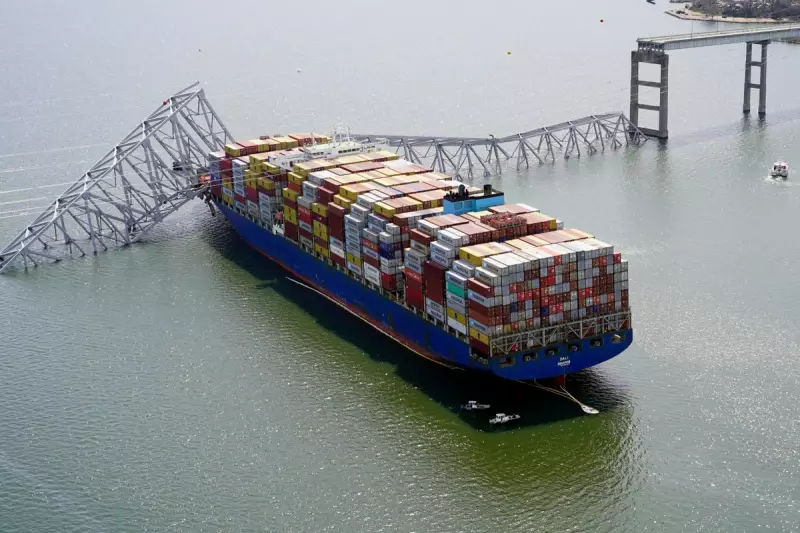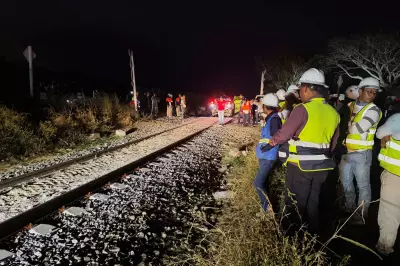
Officials in Maryland have dramatically increased the estimated cost of rebuilding Baltimore's collapsed Francis Scott Key Bridge, revealing that the project will now require up to $5.2 billion and won't be completed until 2030.
Revised Costs and Timeline
The Maryland Transportation Authority announced on Monday that the bridge replacement now carries a price range of $4.3 billion to $5.2 billion, more than double the previous estimate of $1.9 billion. The anticipated opening date has also been pushed back by two years, with traffic now expected to flow across the new structure in late 2030 rather than the originally projected late 2028.
Acting Transportation Secretary and MDTA Chair Samantha J. Biddle explained that "as design has advanced and pre-construction work progresses, it became clear that material costs for all aspects of the project have increased drastically" since initial estimates were prepared shortly after the tragedy.
Catastrophic Collapse and Investigation
The original Francis Scott Key Bridge collapsed in March 2024 after the massive container ship Dali lost power and struck one of its support pillars. The disaster claimed the lives of six construction workers who were on the bridge at the time of the impact.
The cost revision announcement came just one day before the National Transportation Safety Board was scheduled to vote on its findings regarding the cause of the catastrophe. Investigators had previously identified a loose cable that may have caused electrical issues aboard the Dali, leading to the power failure that sent the vessel veering off course.
Enhanced Safety and Economic Impact
Biddle confirmed that the increased costs partly reflect investment in a robust pier protection system designed to safeguard the new bridge from future ship strikes. She emphasised that "the new Francis Scott Key Bridge isn't just a local infrastructure project - it's vital to our nation's economy" and will reconnect Baltimore to national and global trade routes.
Democratic Governor Wes Moore attributed the soaring costs to deteriorating national economic conditions and increased material expenses, noting that elevated costs also stem from mandatory federal design and resilience standards rather than discretionary state choices. The governor affirmed that Maryland will continue legal action against those responsible to ensure taxpayers aren't left covering the entire bill.
The original 1.6-mile steel span, which took five years to construct and opened in 1977, served as both a Baltimore landmark and critical transportation link, allowing drivers to bypass downtown while supporting vital port operations. Its reconstruction represents one of the most significant infrastructure challenges currently facing the United States.





